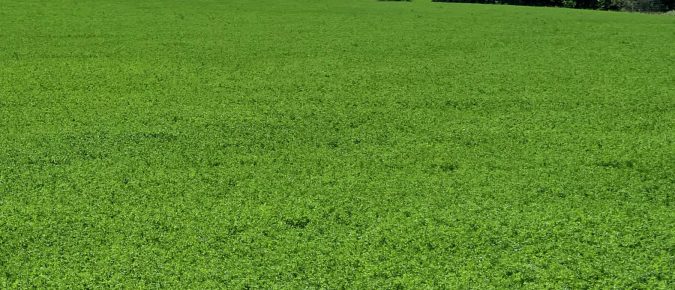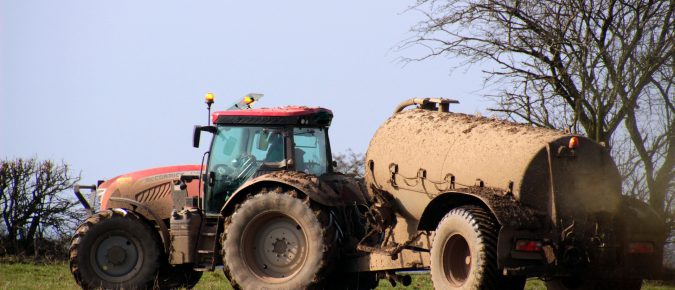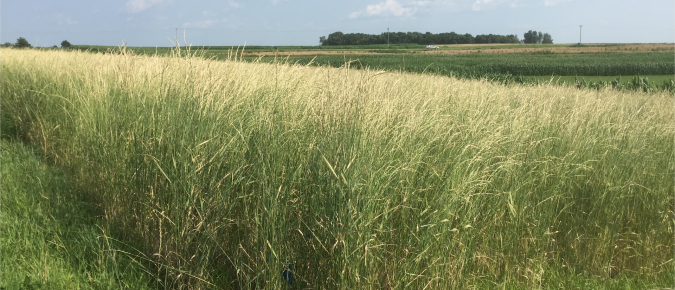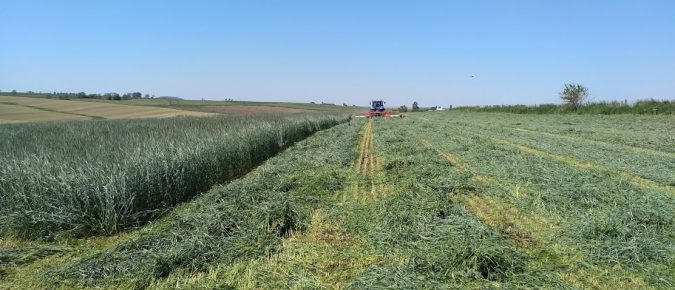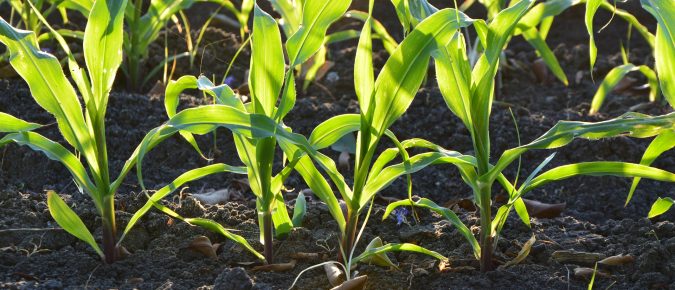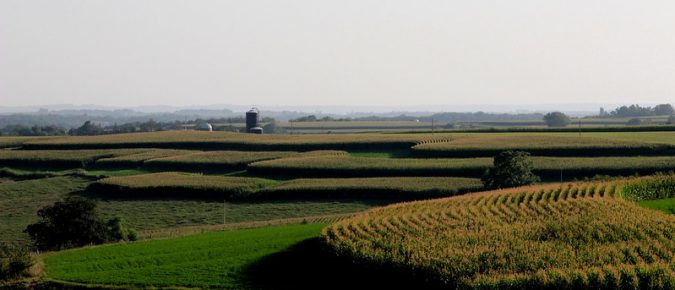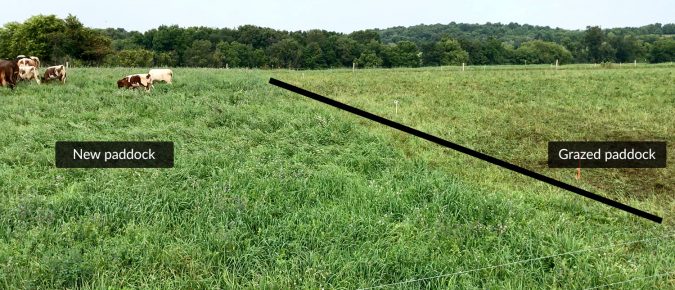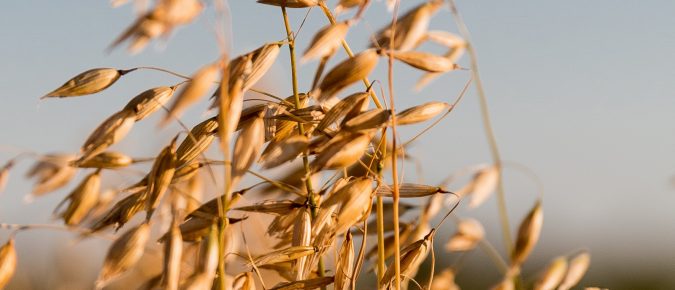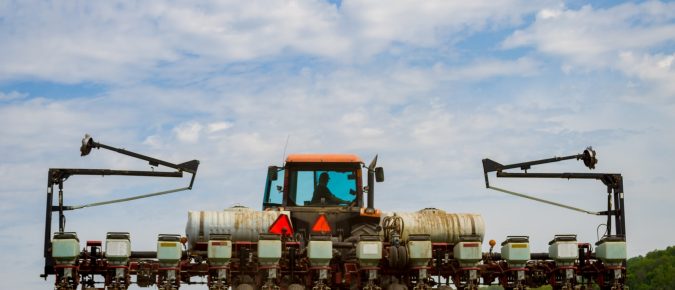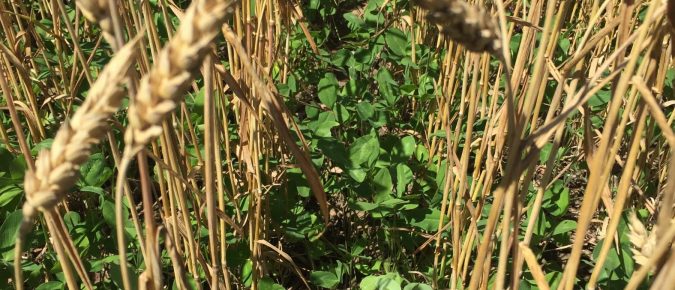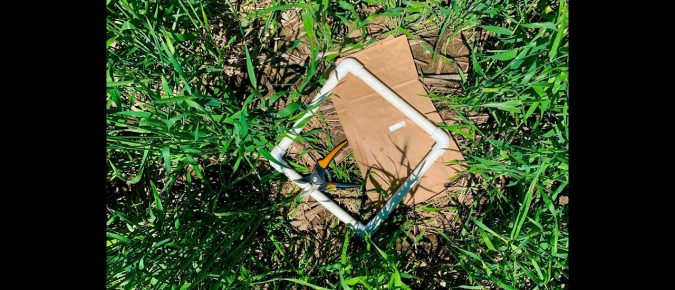While farming in the ‘North’ brings the benefits of growing some of the best forages like alfalfa and cool-season grasses, it also carries the weight of fall decisions that will ‘make or break’ your profit due to risks of winter injury. Fall decisions regarding alfalfa production include proper harvest timing and providing adequate potassium, leading to strong plants that can survive a severe winter and come back the following year with good yield potential.
September 8, 2021 12:30-1:30 pm Local Update Kimberly Schmidt, Extension Shawano County Agriculture Educator Are nitrate inhibitors beneficial? Carrie Laboski, UW-Madison Extension Soil Specialist Cover Crops that Best Scavenge N for Water Quality Jamie Patton, Senior Outreach Specialist, UW-Madison NPM Program
Soil health is something we hear a lot about these days. Cover crops, soil health tests, diversity in crop rotations, and reduced compaction are all ways to improve soil health. While it is true, cover crops and diverse rotations can improve soil health and tests to measure progress are good, there is some low hanging fruit that farmers may be missing when it comes to improving soil health.
Resources from the June 9, 2021 webinar.
Resources from the May 26, 2021 webinar.
Resources from the May 12, 2021 webinar.
We’re putting the final touches on the first article for this brand new website. Please visit us again!
UW-Madison Extension provides tips for sound grazing management that meets the requirements of the animal and also those of the forage plant.
Resources from the April 28, 2021 webinar.
Resources from the April 14, 2021 webinar.
Learn about the benefits of incorporating legume cover crops after winter wheat in a crop rotation.
Learn about cover crop termination timing, residual herbicides, and yield through research being conduction at UW-Madison that investigates the impact of fall-seeded cereal rye cover crops on weed control in corn and soybean fields in Wisconsin.


